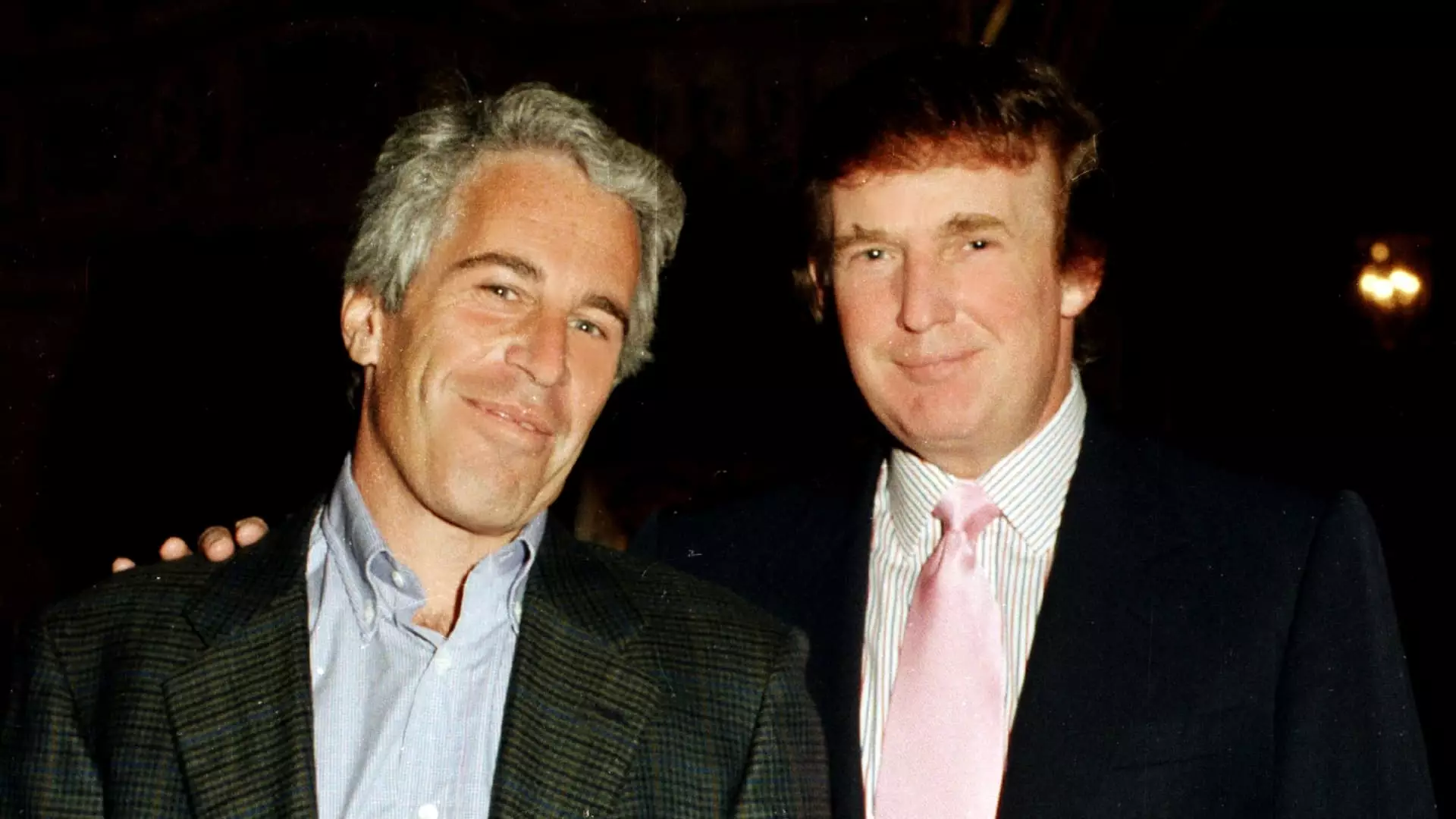In the labyrinth of high-profile investigations, the Jeffrey Epstein case exemplifies how political interests can obscure the pursuit of genuine accountability. Recent decisions by federal judges reveal a troubling pattern: the government’s reluctance or outright refusal to fully unseal and disclose the extent of its investigations. This opacity not only fuels public cynicism but also raises fundamental questions about the integrity of justice being served. When a judge dismisses the government’s request to release grand jury materials, citing the existence of a vast trove of other documents, it becomes painfully clear that transparency is often sacrificed at the altar of political convenience or reputation management.
Governments, particularly when led by administrations eager to maintain control over sensitive information, tend to prioritize protecting their image over revealing uncomfortable truths. The assumption that an extensive dossier of files “dwarfs” the value of grand jury transcripts is flawed; volume does not correlate with truth. These unsealed records could hold critical insights into the complicity of powerful figures, including those with political ties, and the failure of institutions designed to uphold justice. The apparent dismissiveness towards releasing these materials suggests a prioritization of political stability over accountability—a dynamic that should be deeply unsettling in a democratic society.
The Power Dynamics Behind Secrecy
The Trump administration’s push to unseal Epstein-related files exposes a deeper political motivation rooted in self-preservation rather than justice. Although Trump promised to declassify and release these records during his campaign, subsequent actions have repeatedly stifled transparency. The administration’s initial intent seemed promising; however, the flip-flopping and subsequent redactions betray a prioritization of protecting certain individuals over pursuing truth. When the Department of Justice claims that further disclosures would be “inappropriate or unwarranted,” it raises suspicion: is this a genuine concern for privacy or a calculated effort to bury inconvenient truths?
Moreover, the influence of political allies interviewing and reviewing Epstein’s files—such as allegations that FBI personnel were instructed to flag references to Trump—further complicates the narrative. These lingering questions about possible connections between Epstein, his associates, and powerful political figures intensify suspicions that the full scope of the scandal remains deliberately hidden. The refusal to release grand jury materials, therefore, appears less like a legal safeguard and more like a strategic move to obscure damaging information that could unsettle the political establishment.
Justice or Cover-up? Public Trust at Stake
When courts repeatedly deny transparency, especially in cases involving individuals with international ties and connections to influential figures, the public’s trust erodes. The Epstein case—an intricate web of sex trafficking, abuse, and potential political cover-ups—deserves a thorough, unencumbered investigation. Instead, what we observe is a pattern of obstruction spurred by political motives that prioritize reputational protection over justice.
This pattern reveals underlying systemic issues where accountability is secondary to protecting the interests of the powerful. The deliberate withholding of information fosters a sense that justice is reserved for the privileged few rather than a universal standard. As a society, failing to demand full disclosure perpetuates a cycle where misconduct is hidden, victims are silenced, and accountability remains elusive. It’s a dangerous precedent—one that risks turning the rule of law into a tool of political maneuvering rather than a mechanism of truth and justice.
The Need for Vigilance and Political Will
In weighing the significance of these judicial decisions, it becomes clear that civic vigilance is necessary now more than ever. Recognizing that government transparency should be non-negotiable in cases involving abuse of power, corruption, or sex crimes is essential to fostering a healthy democracy. While courts play a critical role, they cannot shoulder the entire burden of uncovering truths that political administrations seek to conceal. Public pressure, media scrutiny, and unwavering advocacy are vital to ensure that justice is not only pursued but seen to be pursued without interference.
The Epstein saga underscores the importance of holding governments and legal institutions accountable to the principles of transparency and justice. If in high-profile cases like this, political convenience continues to override the demand for openness, then trust in the democratic process itself is inherently compromised. Ultimately, true accountability demands that we question not only the decisions made in courtrooms but also the political will behind those decisions—because real justice can only thrive in an environment free from undue political influence.


Leave a Reply